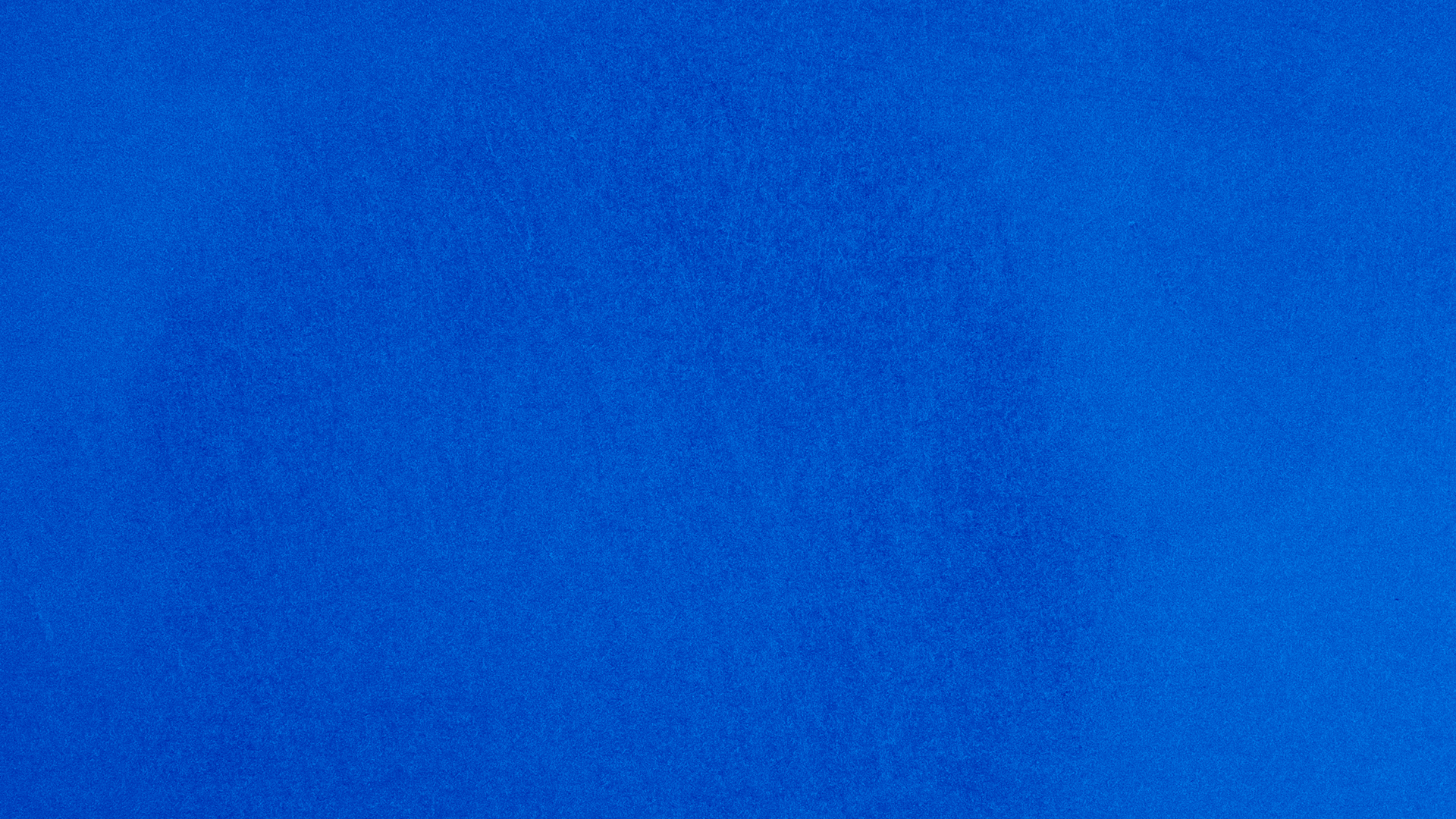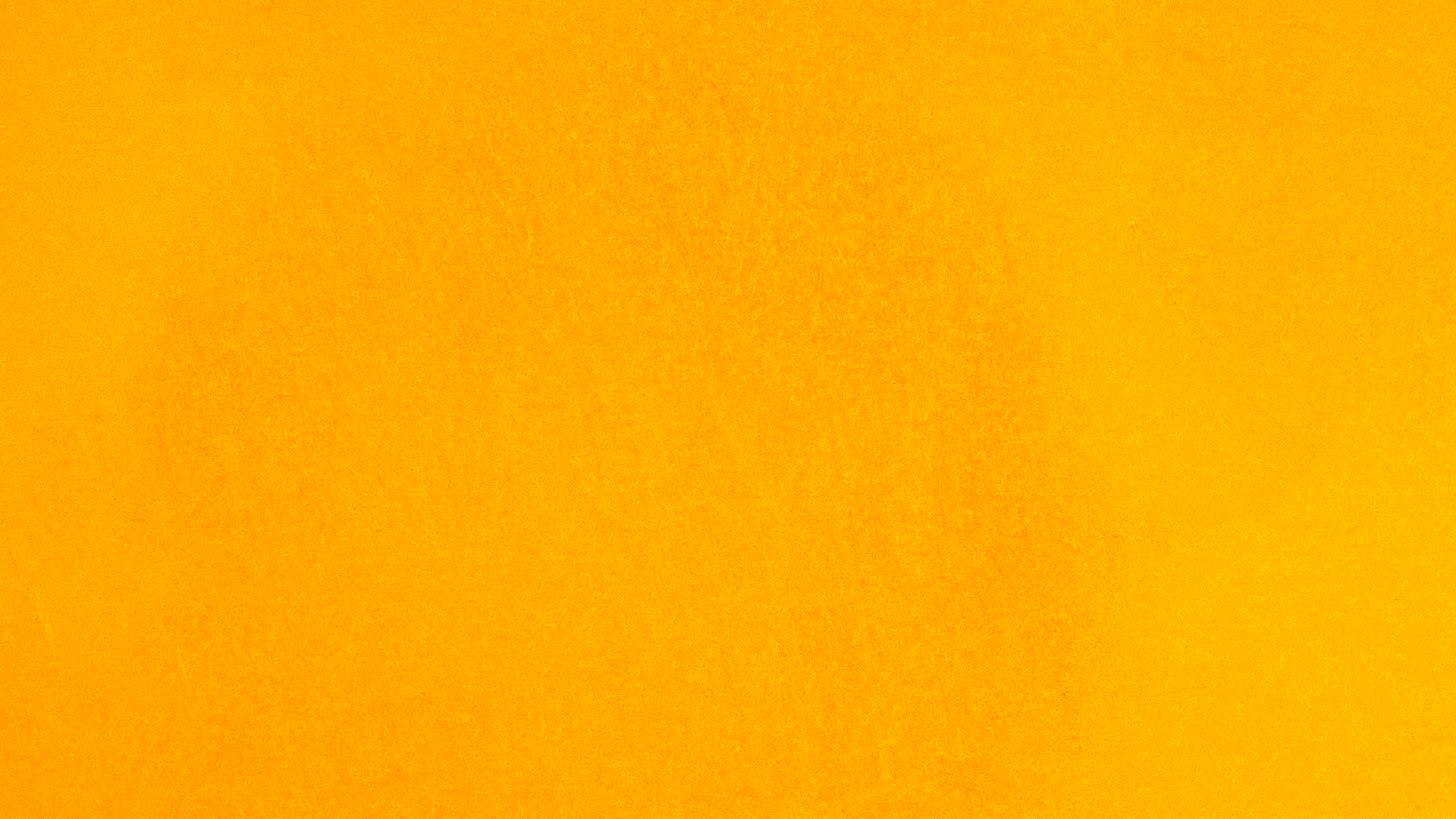
Anticipatory Grief as Phases of Moons
I cannot un-picture it exactly, this water
but not not-water. The rope, cordage
the bucket brings up from the well, a darkness
before the eternal nothing, something?—
the air we inhabit? The thrill of the grass, warmed?
I forget to understand, silence courted space before time.
Why not scootch a smidge, attempt to seduce a moon?—
snout-kiss each celestial mutt, anonymous woof, wag,
waft away—those thoughts I cannot unthink.
But meteor? Treble clef? My father’s death?—
a touch of dirt clings to the nails of these words,
swiftlet from the watchfire, signal on the wing.
Some passages do not pause for play or prayer.
Who stole such hours, minutes, the tiny lights?—
between November’s dying stars, all the unrested flowers.
*This poem first appeared in North American Review, 2024 James Hearst Poetry Prize winner
Ghazal of Doubt
You cannot have true faith without true doubt—
this I know from my gram and her Kraków ghetto of doubt.
What Gram remembers: places she could not live, places she could not enter—
Juden raus—six-point yellow star, disease and doubt.
The young Jews call back for their mothers—their cries, poems of doubt.
Earlier accounts: seders, synagogues, Sabbaths—music despite doubt.
The Dead Sea was dying, my gram was dying, but her eyes, turquoise—
her ticket out? Or survivor’s guilt?—saltwater blocks of doubt.
At Masada, Jews trained doves to send messages, their messages of doubt:
food, parchment, weapons. Then death, their final message—no doves, no doubts.
In my long days of Hebrew school, rituals of doubt—I attempt to fathom
the diasporas, such wanderers’ knapsacks and ramshacks—the unbelonging of doubt.
My gram’s poems—inside-cries of doubt. But others’ poems for show,
“leavening biscuits, ladling jam.” Teutonic delight—the propaganda doubt.
Kaddish, this mourner’s prayer for those dead—old Jews in their old socks
full of holes and rivers of drought. Ghettos of dread, ghettos of doubt.
From Baghdad and Kraków—Fact, Fiction, Query, Plea
i.
They’re right heres, my father answers, and he points
to his temple. I realize then there are no photographs
of my Muslim grandma. Nobody tooks them back then,
my father continues, flips open his hands to show me,
bare, though a large photo of his own father commands
his bedroom wall. A robed man, turbaned man,
a man I’ll never know except this presence—eclipsing
something, someone, but what, who? I could not say,
they are not there. Only the apparition, or my suspicion?—
and now the familiar rise in my throat—The esophagus,
where your fears hide, fears abide!—my therapist
loves her body-talk, body-shock. Still, I probe, advance
more questions, steal bits from others’ memories as I try to recreate
my paternal grandma, my namesake—‘Aya’ for short, meaning
‘to swiftly fly.’ But how to fortunate such an image? In fact?—
in fiction? And where will my not-knowing lead me?
An unusual place to break your toe, The River Jordan.
ii.
Also, no photos of my Jewish gram from Poland—
that is, until she immigrated thru the U.S.—stubborned her way out
between the two wars. I imagine her small-shyness that day
against the New York skyline—iron buildings sawtooth the clouds
as seagulls caw, tighten their circles. Ellis Island and ten thousand
dissonate strangers. Their names indelible in the passenger logs,
though prologues, saltwater and fresh scars go unrecorded.
iii.
Come, bend a little closer, a small bottle you’ll find at the base
of my mouth. Everyone has their seraphim and a place to carry flowers.
Sprigs of lilac, pink chrysanthemums, purple hyacinths—all Gram’s favorites,
and gardenia petals for my brother and me, to sweeten our bedtime stories.
But Gram’s lips flicker, then shrivel like dead tulips when pressed
for snippets about her childhood. Time, not always a salve for memory—
No children in the ghetto, only small Jews, the Gentiles had slurred.
Gram drags a hand down her cheek—
her two brothers and sister, their unblue eyes unspared.
iv.
Small trace, also, of my Muslim grandma’s childhood or any of her years.
I wonder, did she ever receive flowers?
Something once about some wool, I believe, was important.
v.
On my left shoulder, a scratch sheet of velum, a window’s glimpse
into my weak, my rue, and all the sediment of my shame.
On my right, a supple breeze of myrtle. Angels congregate, repose
to slip off their wings. Offer poems, baklava, marjoram tea—
look how Allah provides.
vi.
And already the bright sun lowers, green hills flower mustard blossoms.
I sit at the stern of a small boat on The Sea of Galilee.
I face southeast, Mecca, kneel and almost pray. I face southwest,
Jerusalem, and suddenly a cell phone plays Hatikvah, ‘the hope’—
the Israeli national anthem. I mouth-along the words,
those I remember—some of them, Eretz … Yerushalayim,
the music’s pull from my bones and the home Gram fortressed
for me with toothpicks and gumdrops after the kids called me—
Heeb, Kike, Muzzie, Ay-rab.
vii.
I have held-up these cut-out stars, my two grandmothers,
for a lifetime now—arcing my curious arms, my wands to the universe.
And yet, so little I have solved since sundown, the careful geometry
of nocturnal clouds, the slow shapes of my laughing cry.
The end won’t be so bad, someone once said.
Animals, too, pull-up their paths and rest.
Still, in this world with bittersweet rain and the dying things,
what am I?—this sprawling search, this strangeness.
Even Muhammad, who could not read, would meditate
with the birds, song-quiet. Dream, dream in pheromones.
Soon, all that rustles are my mind-heart thoughts
which island my heart-mind words—a house built
of mortar and sky, wind and stone.
*This poem first appeared in Hole in the Head Review, 2024 Charles Simic Memorial Prize
Grandmother, Imagined—
with her moves in hues of soft blues,
gathering rainwater in walnut shells for her children
and her neighbor’s children.
with her voice a smooth, open door,
music from other rooms, sometimes her voice in cursive,
mostly her voice of listening.
with her teeth of beautiful ruins,
teeth of mosque and minaret shards,
sweet cardamom pods at the bottom of her tea.
with her light the first echo of morning,
light of inshallah whirling above her head
as shamans dance inside her well.
with her eyes of velvet light and dark,
the whole lake loop and such beyond itself, yet sometimes
just two small stones, eyes of a mother without a mother.
with her laugh of laughs of hammocks in the tamaracks,
laugh of sweet date-treats,
laugh of leaves sweeping wind into the sea.
with her belly a sackcloth of fluffy russets,
belly of six placentas, six umbilicus,
belly of doctor’s orders, la 'akthar.
with her hair of squishy, squishy-squish,
hair of pumpernickel and sponge, in night mist,
hair of nest for crows and pickle.
with her hands of sweaty and spittle and tissues,
and the epistle she opens from her muezzin,
it’s about the nurses, so few, the sick-folk, so many.
Grandmother, imagined—with her mouth a tenuous orchid,
mouth a candle half-lit, half-lost, half-doused?—
mouth of doubts she is not sure of and doubts she is.
Oceans, Ocean
I speak midnight-earth,
my body needs the darkness,
though thank you for lunch,
the way light enters a raindrop.
Boon detail—sometimes I find treasure.
Doom detail—sometimes I find treasure,
a cypress dangles above the scree-sloped shores.
Again, what time do the prophets arrive?
Somewhere it’s that kind of day: the wind’s trying to blow open the door,
just knock, we’ve been waiting for you.
Or magnetic north? True north? The scent of woodsmoke riding thermals—
left to the sweet palm groves, right to blue water.
Somehow, it’s this kind of day: the wind’s blown open the door,
and each ocean gains each other in salt-time.
Ghazal of Faith
You make the meaning—Sartre faith.
Live with the outcomes—Camus faith.
For the faithful, maybe test your fate. Gobble a tarantula,
guzzle a piranha, ghazal a piñata—ayahuasca faith.
Sometimes we masturbate, seduce faith. Religion, where men
put their loneliness, their homes, Holmes—Oliver Wendell faith.
She calls it love, the ice cube slides. He calls it quits, the ice-cube sinks.
A hot stove, warm pan, ice-blue ice cube—melting faith.
A city of light spills across the water, field of bright coins,
field of bright corn. Flesh and all the glass candles—Rorschach faith.
Sometimes a sonata or soul, rhythm-and-roll, even poems. Such
musical notes plummet from God’s lap to you—Amadeus faith.
Here, impasto, violent swirls in violet hues. The effects
of light on a woman’s body, my body—Starry Night faith.
Into this life, we come with nothing, leave with nothing.
Love the things you love for what they are—Frost faith. And sleep.
Sometimes the Only Passage is to Glide
on the thin air of grace. A gauzed sky,
spiritus, atman, pneuma, ruah?—
or the hours, minutes, gossamer of rain.
How quickly our forms might disquiet themselves.
Go on, tip the hourglass, smooth a pebble or peach.
And click a moon, any invisible one.
If fortunate, you’ll flip some clouds, fat-cool
against your flaming cheeks. After all,
what could blossom inside a thick red vest?
Let us speak to each other
in the language of children—wing, dip, soar.
And whirl with the lake, our weary-resplendent selves.
When you whistle, your old red sneakers race home.
Mountain, mountain, those times we scaled wood.
Flying an Ancient Rug from Tangier
What if finding manna is the prelude
to losing everything else?
Fajr, Dhuhr, Asr, Maghrib, Isha—
morning, midday, afternoon, sunset, nighttime.
Five times through the hours, my father prays.
His back is bad, yet still, he kneels on his sajjāda toward Mecca.
Q. Any religious preferences, Sir?—the visiting nurse asks my father.
A. I could eat anythings—the leg, the goat, the whole things.
From my cousin, Mesalik, I borrow a hijab, or is it an hijab?—because
Mesalik looks like me, how could she not? We sit here dreaming of animals.
And we share our Muslim grandma’s name, Mesalik, ‘Aya’ for short,
and gambol in tempo to the woodchucks chomping for baba ghanoush.
The tall grasses we name for our handsome country neighbors,
but we curious, could farmer boys have smooth hands?—
those Western lessons, root and rhubarb, drawing in circles.
Planets tilt, spin, dissolve into our ears and eyes.
Still, five times through the hours our foreheads touch ground, buzz
such futz from our brains. Five times, even the history of libraries,
of museums—their golly-gee-willikers work vanishes in fog.
Or maybe the entire galaxy deserts us, including ourselves.
But what if the prelude is just a prelude? Anything lost becomes anything else—
manna lifting us as light can do, rivers even. Or maybe heavens descend
and tempt sun, sky, tease beehive hair as we rev-up—the Mesaliks flying
Grandma’s ancient rug from Tangier. We like saying Tangier, or is it Tangiers?
*A previous version of this poem first appeared in Jabberwock Review, Editor’s Prize runner-up, nominated for a Pushcart Prize)

